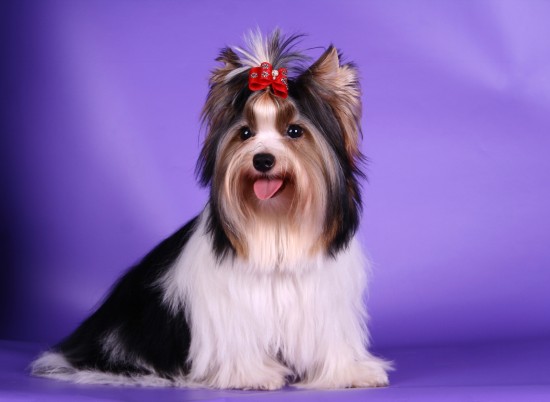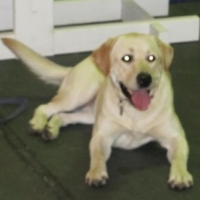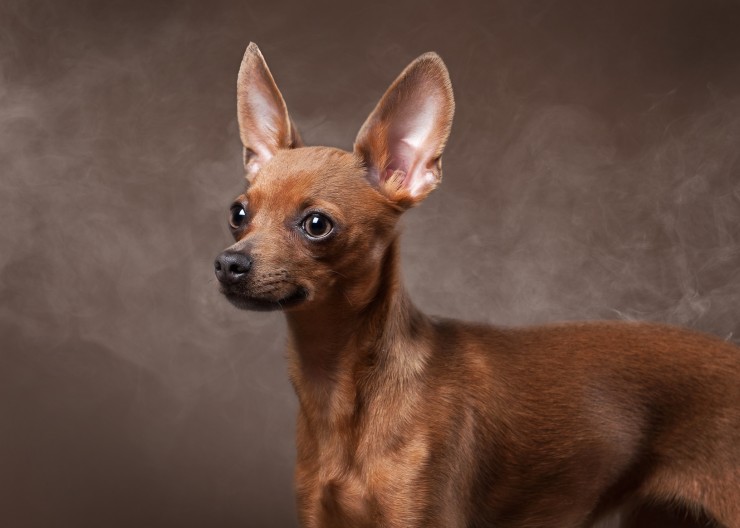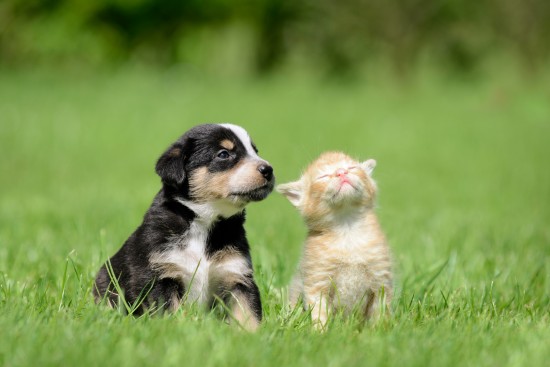
Training your dog is very similar to training a child in the sense that you have to set down a base first. You wouldn't try to teach a 3-year-old the same things you would teach a 10-year-old. He is just not ready for that advanced training.
As with humans, the canine brain takes time to develop. It depends on several things, perhaps the top one being how well he is socialized. A puppy that is not socialized will be much tougher to train, but once he gets the chance to interact with other dogs and humans, this training will become much easier.
When training your dog, therefore, focus on his stages of growth so that you are constantly building on what he already knows. Being aware of those stages will help you plan your training and resolve any training problems.
We've already mentioned socialization. While your puppy is still very young he will only have socialized with his immediate family, namely his siblings and parents. This is a good start, but once he comes to your family he loses those connections. If socialization is not continued, he will not learn the rules of interaction.
This lack of understanding will interfere with his training. As soon as possible, begin introducing your puppy to different people and animals, especially dogs. Until he is 12 weeks old, your puppy's brain will not have finished developing, but you can introduce him to training easily by incorporating it into play.
Between the ages of 12 to 16 weeks, your puppy will begin to realize what antics will attract your attention and which games last the longest. He will also begin to learn who is the boss.
It is crucial at this stage to make sure that person is you and not your dog. You must establish this status early and this is a good time to start.
At 16 to 24 weeks of age think of your puppy as an adolescent. That's the age when they get into mischief and become a little rebellious, ignoring your commands at every turn. While this can be frustrating for you, it is a normal part of your puppy's growth. Be sure to recognize such behavior and respond immediately.
When your puppy approaches 9 months of age he will test you to see how good you are at your job as pack leader. If you have not proven yourselves, this is the age when your puppy will decide to take over the role.
If you have done your job well, he will soon learn that you really do mean what you say. It is important at this stage not to let your puppy ignore you.
At 9 to 12 months of age your puppy is in the puberty stage, in other words he is a trying teen. While he'll be more responsive now, he will continue to test you to see how far he can go. For example, if you have taught him to sit, he might try to make it mean something else. It's time to enforce your interpretation.
While training your dog through his stages of growth, knowing what to expect will help you to better understand his actions and what you need to do to be successful.
Get more help from Sylvia's e-books and e-courses. For advice on buying, caring for, raising and training a puppy, take a 2-week free trial of her Puppy Parenting Course today. For advice on vet care, dog nutrition and more, grab her dog nutrition package.
 Growing Cat Friendly Plants
Growing Cat Frien
Growing Cat Friendly Plants
Growing Cat Frien
 Breed History And Formal Recognition Of The Biewer Terrier
Breed History And
Breed History And Formal Recognition Of The Biewer Terrier
Breed History And
 Raising Your Labrador Retriever- Lab Colors
Labrador Retrievers have been the most popular breed in
Raising Your Labrador Retriever- Lab Colors
Labrador Retrievers have been the most popular breed in
 Smoking Around Your Dog Can Lead To Canine Lung Cancer
Smoking Around Yo
Smoking Around Your Dog Can Lead To Canine Lung Cancer
Smoking Around Yo
 Do You Have An Emergency Checklist For Your Pet?
Do You Have An Em
Do You Have An Emergency Checklist For Your Pet?
Do You Have An Em
Copyright © 2005-2016 Pet Information All Rights Reserved
Contact us: www162date@outlook.com